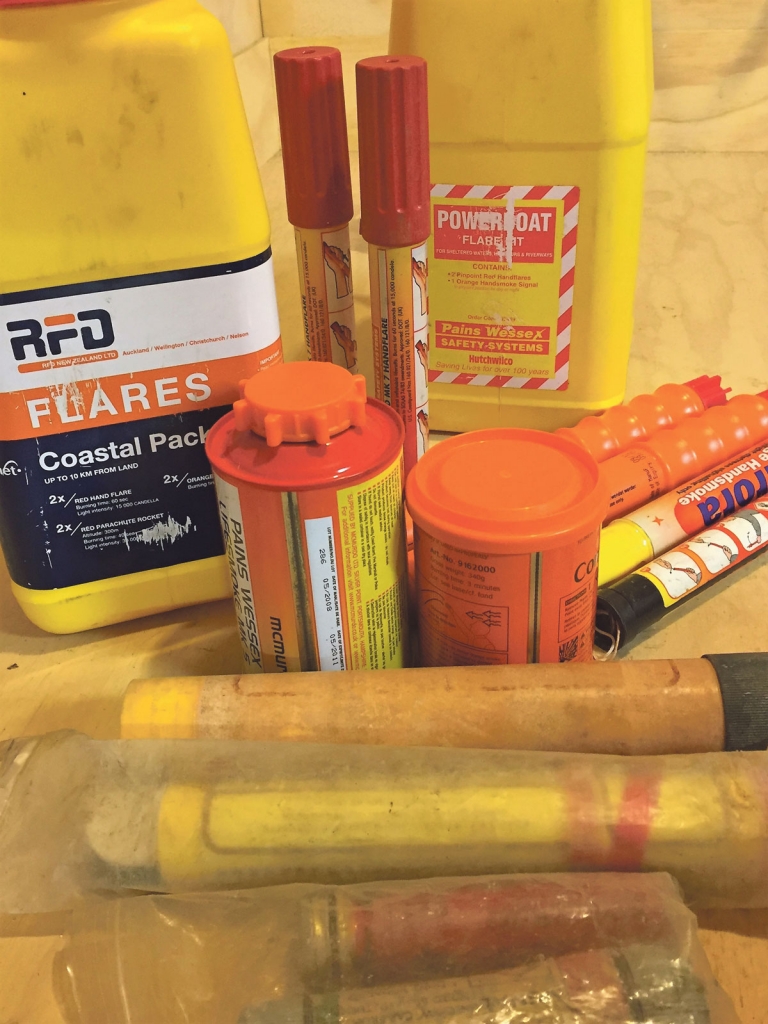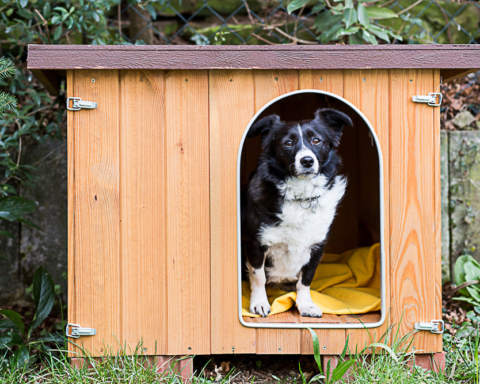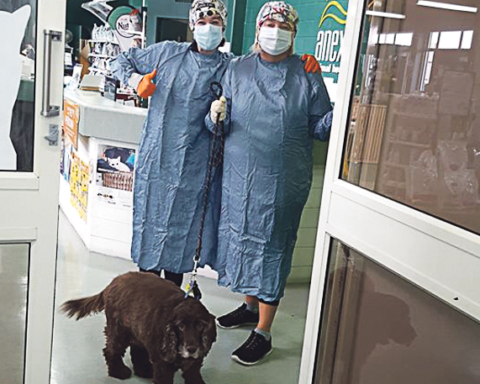When your dog is part of your family, sharing your food feels natural. However, many of us are unaware that some of the food we eat may actually be toxic to our pets.
There are many reasons why we recommend that people do not feed their dogs leftovers. The main reasons we say this is because people are often unaware what is toxic to their pet, or the foods may contain high fat or sugar levels, which are detrimental to your pets weight and potentially damaging to their organ systems. Instead, we recommend you feed your pet a nutritionally balanced, quality-assured pet food.
Refer to the below list – a basic guide to foods that are harmful to our pets
- Garlic and onions
- Chocolate
- Mouldy/spoiled foods and rubbish
- Avocado pit
- Alcohol
- Fat trimmings (meat)
- Macadamia nuts
Keep your pets safe this Easter (dogs, we are looking at you!)
We shine the light on dogs here because – surprise, surprise – they have great sniffer noses and love to find all the hidden stashes of goodies!
Did you know that chocolate can be toxic, sometimes even fatal to our pets? Dogs are easily the most commonly affected, as previously explained.
The toxic compound in chocolate is called theobromine – it is similar to caffeine.
What are the symptoms of chocolate toxicity?
Animals will commonly become nervous and excited with an elevated heart rate. Vomiting and diarrhoea are other common signs, as well as increased thirst and urination.
The end result may be muscle spasms, seizures and death due to heart rhythm abnormalities.
Signs of toxicity are usually seen within 12 hours of ingestion of the chocolate.
How much chocolate is needed for a reaction, and what does treatment involve?
The size of your pet, the type of chocolate and the quantity of chocolate ingested will determine how toxic it may be for your pet. The darker the chocolate, the greater the risk of toxicity.
There is no specific antidote for chocolate toxicity. If you seek help within less than four hours of ingestion, it may be possible to induce vomiting. Other treatment may include intravenous fluid therapy, anti-seizure drugs, and heart medication.
If you suspect toxicity in your pet, contact your local veterinary clinic immediately.
The Anexa Team











